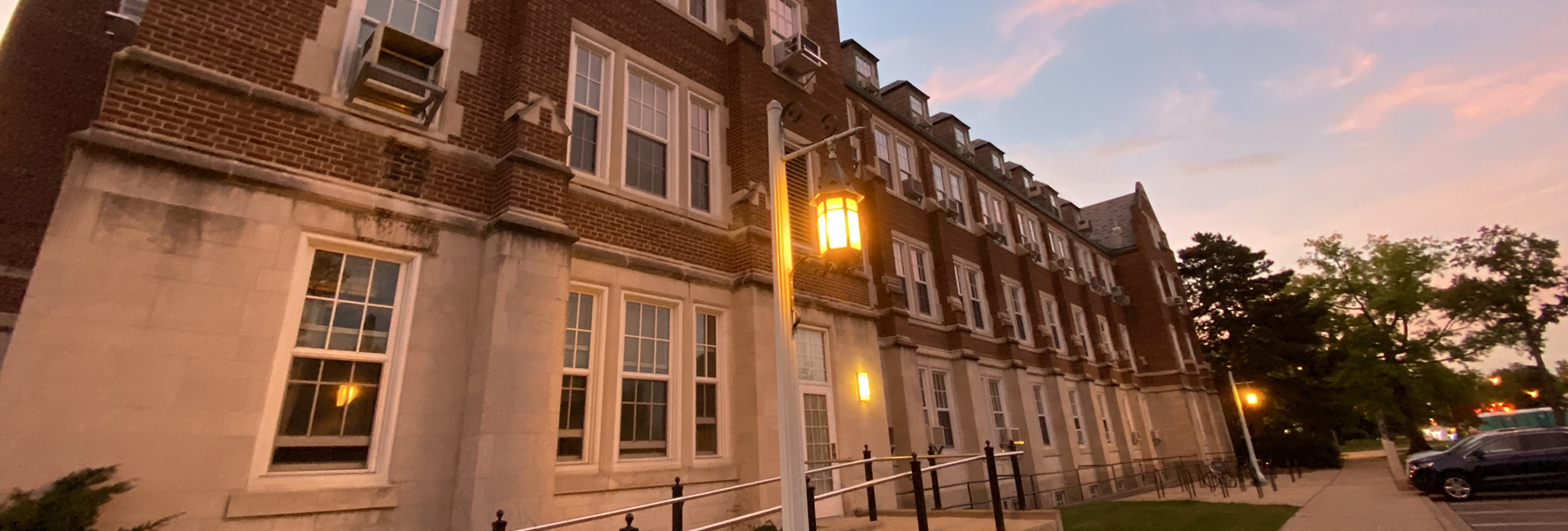MSU Drug Discovery Seminar - Samar Rezq, PhD
The use of nonsteroidal anti-inflammatory drugs in the treatment of neuropathic pain: targeting central mechanisms
Neuropathic pain (NP) is a severe, chronic inflammatory condition affecting both the central and peripheral nervous systems and is resistant to standard treatment. Centrally acting agents such as (tricyclic antidepressants, serotonin norepinephrine reuptake inhibitors, gabapentanoids, and narcotics are standard treatment options. Nonsteroidal anti-inflammatory drugs (NSAIDs) are not very effective at treating neuropathic pain due to poor penetration of the blood-brain barrier and their use is limited by limited the gastrointestinal side effects associated with long-term use. My research team recently reported a new series of benzamide derivatives that inhibit cyclooxygenase 2 (COX2) with moderate selectivity and tolerable side effects. Among these derivatives, 4-chloro-N-(2-(4-chlorophenyl)-1-methyl-4-oxo-1,4 dihydroquinazolin-3(2H)-yl) benzamide (4b) demonstrated potent anti-inflammatory and analgesic properties, as well as 32-fold greater CNS accessibility than celecoxib. The talk will describe different in vitro and in vivo models for screening anti-inflammatory and analgesic drugs, highlighting the potential of use of chronic constriction injury (CCI) model of neuropathy as a tool to screen NSAIDs that can work both peripherally and centrally.
Date: November 1, 2022
Time: 12:00 PM
Location: https://msu.zoom.us/j/98517346580
Passcode: 504326


